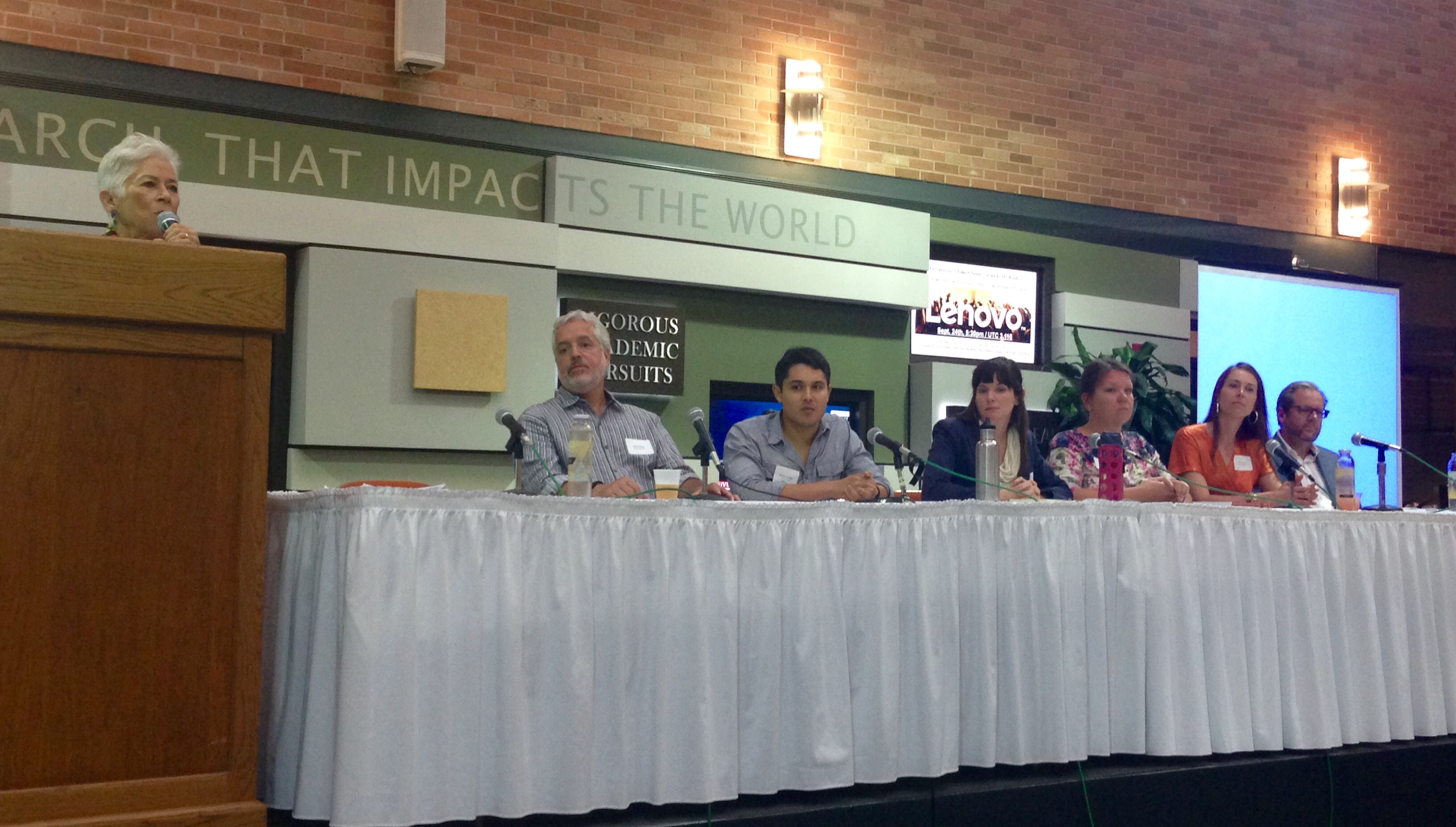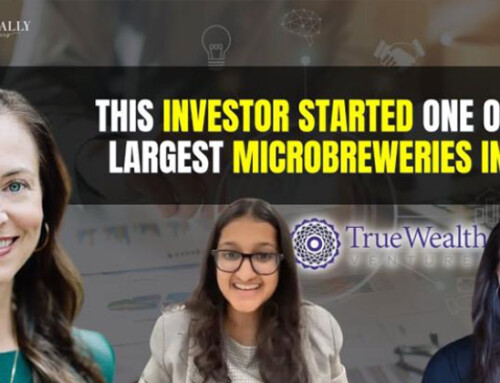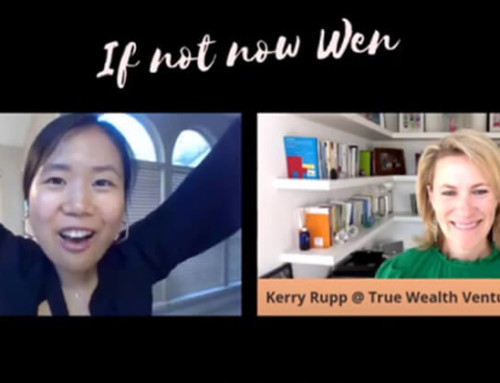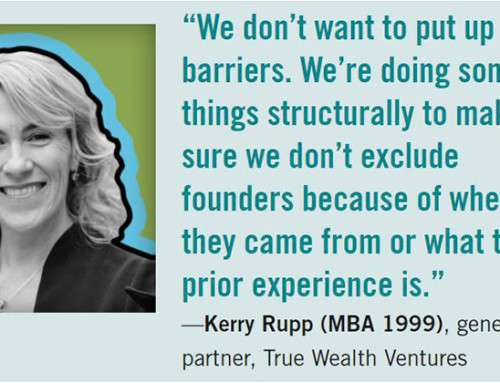This article was originally published on AustinInno.
Some of the world’s largest food companies are hungry for smaller companies that have won over consumers with their authenticity, small-brand vibe and wholesome backstories. That’s because big name brands have been losing traction with consumers who are paying more attention to product ingredients, where the food is made and how the companies were established.
The trend has been growing for years. And, now, larger companies are increasingly willing to get involved with even smaller companies.
“These big iconic food brands are finding that consumers aren’t trusting their brands as much,” said Sara Brand, owner and co-founder of (512) Brewing Company and True Wealth Ventures, a venture capital fund. “Consumers want to buy more healthy, local, organic products. And they’ve found that adding another extension to the line isn’t cutting it, that they really do need to create new brands that have a very different kind of mission or philosophy behind them.”
These big iconic food brands are finding that consumers aren’t trusting their brands as much.
Brand, who was part of a 7-person panel at the University of Texas Tuesday evening, said that companies that have $25 million or more in revenue run rate now stand a better chance of being acquired or getting major investment.
For example, Coca-Cola has acquired Green Mountain Coffee, Honest Tea and Odwalla. And Kellogg scooped up Bear Naked, Kashi, Morningstar Farms and Natural Touch.
Matt Gase, president and CEO of Stubb’s Legendary Bar-B-Q, knows a few things about such acquisitions. His company was acquired in June by McCormick & Company, Incorporated, for about $100 million.
“If you’re big food, you’re struggling,” he said.
He sees it is a bifurcation in food between consumers seeking healthy, organic foods — and people who can’t afford those types of products and buy major brand names that are less expensive.
Gase also warned startups not to limit themselves to one city. He said that if Stubb’s didn’t branch out to other markets, it would probably be a $1 million company. He said Stubb’s is a top brand in Seattle, Los Angeles and other cities.
“You want to really find a way to differentiate so you can compete against those local brands in LA and local brands in Colorado,” he said.
Erin Harper, who oversees oversees Whole Foods Market’s Local Producer Loan Program, said that even companies in the $1 million to $5 million range have a chance to get investment or even acquisition from major brands if they retain their authenticity.
At a recent convention, she saw ConAgra, Campbell’s, General Mills and others talking with smaller companies.
“They can’t replicate that level of authenticity,” she said.
Gase warned that companies shouldn’t try to fake that.
“Consumers can smell bullshit a mile away,” he said. “So authenticity has to really be authenticity… you just can’t hide.”






